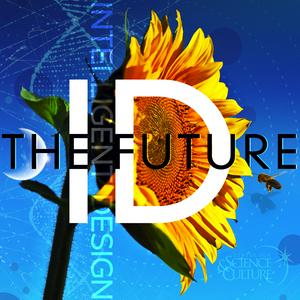Starting this month, ID The Future listeners will get to enjoy a new episode each month (as well as a bingecast archive episode) from our sister podcast Mind Matters News, a production of the Discovery Institute’s Walter Bradley Center for Natural and Artificial Intelligence. The Mind Matters News podcast brings you interviews and insight from computer scientists, engineers, inventors, neurosurgeons, and other experts who bring sanity to the conversation about natural and artificial intelligence, going beyond the hype to explore the undercurrents of these important ideas. And although the Mind Matters News podcast will not often explicitly discuss intelligent design, it regularly explores the nature of intelligence, the origin of information, and the things that make us uniquely human, concepts that are central to the theory of intelligent design.
On this archive "bingecast" episode, hosts Robert J. Marks and Angus Menuge welcome Dr. Mihretu Guta to discuss his contribution to the book Minding the Brain. Dr. Guta discusses the nature of consciousness and the challenges in understanding it from a philosophical perspective. He argues that consciousness is a unique property that is deeply subjective and personal, making it difficult to study scientifically. Guta contrasts first-order and second-order approaches to understanding consciousness, emphasizing the need to go beyond just the empirical observation of mental phenomena and examine the underlying metaphysical and ontological questions. The discussion covers a number of relevant topics, highlighting the profound and puzzling nature of consciousness and the importance of philosophical inquiry in grappling with this fundamental aspect of human experience.
Source


